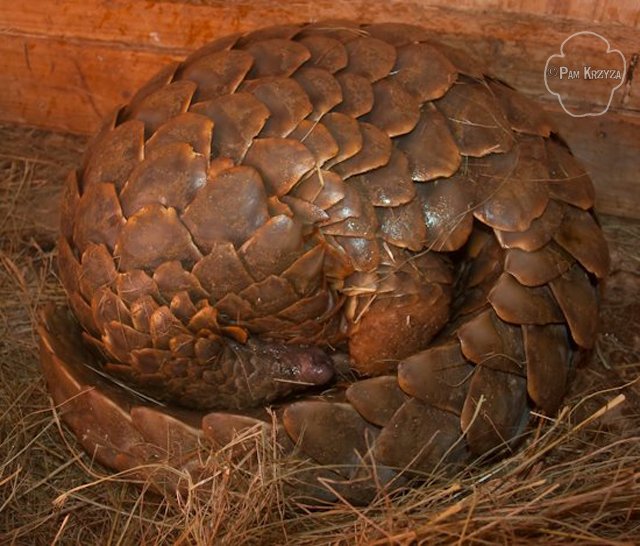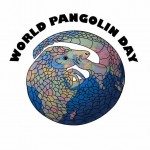Soaring illicit pangolin trade noted by yet another seizure of these wild-caught endangered animals — this time 180 of them in Thailand.

A 32 year-old man has been arrested by Thai Customs officials, after he was found driving a vehicle loaded with 180 pangolins — at least the fourth such bust of 2012 globally.
Thai news source, MCOT, reports the suspect has confessed to being hired to deliver the defenseless creatures to Bangkok.
The man has reportedly been charged with illegal wildlife smuggling.
The report does not indicate whether the pangolins — also called scaly anteaters — were found dead or alive.
The news follows an earlier bust this month in the Philippines, in which 95 kilograms of the endangered creatures’ scales and 26.5 kilos of their flesh were seized while purportedly being loaded for departure from a local airport.
Days later, Philippine authorities confiscated more scales from a Chinese national who is suspected of being behind the previous bust.
Pangolin crisis worsens
As an estimated 40,000 (and perhaps as many as 60,000) pangolins were poached from the wild in 2011 alone, it’s becoming increasingly obvious that the insatiable demand for these animals’ flesh, skin, scales, blood, and other body parts is the leading factor driving the toothless insectivores toward extinction.
The demand for scaly anteaters stems primarily from China and Vietnam, where the flesh of adults and fetuses is considered a delicacy and traditional Chinese medicine consumers superstitiously believe ingesting concoctions derived from pangolin scales can reduce swelling, improve liver function, promote weight loss, stimulate blood circulation, and enhance lactation in breast-feeding women, among other things.
There is no scientific evidence to support any of the medicinal claims made about pangolin body parts.
Rhino horn and pangolin scales, much like our own hair and nails, are chiefly composed of keratin and studies have repeatedly shown rhino horn to be void of any curative properties.
Read more about the illicit trade in pangolins here.
China’s ‘medicinal pangolin’ farms stimulating the illegal trade?
Numerous disturbing articles, photos, and a video found on the internet suggest people in China have been farming these endangered animals solely to supply the traditional medicine market.
In fact, one popular Chinese business blog even instructs on how to capture pangolins from the wild, specifically for these controversial ‘farming’ business endeavors.
Read about it here.
Author: Sarah Pappin. Read more about Sarah here.
Image: © Pam Krzyza





Comments are closed.